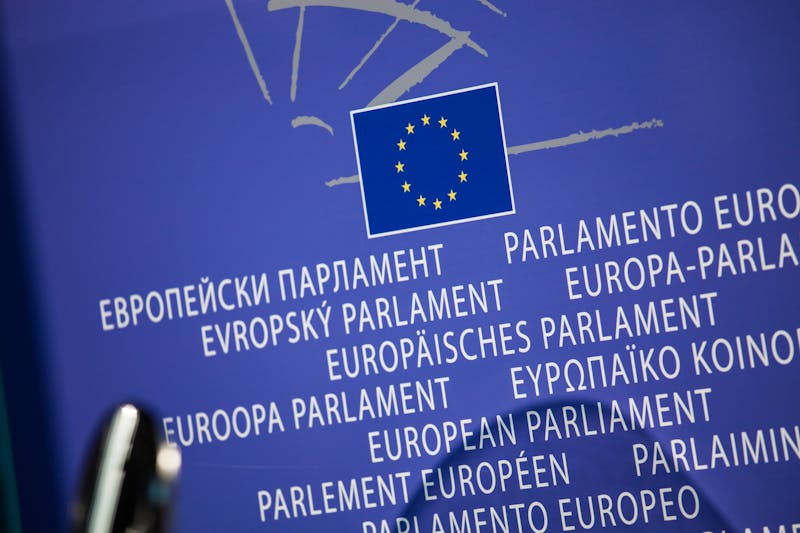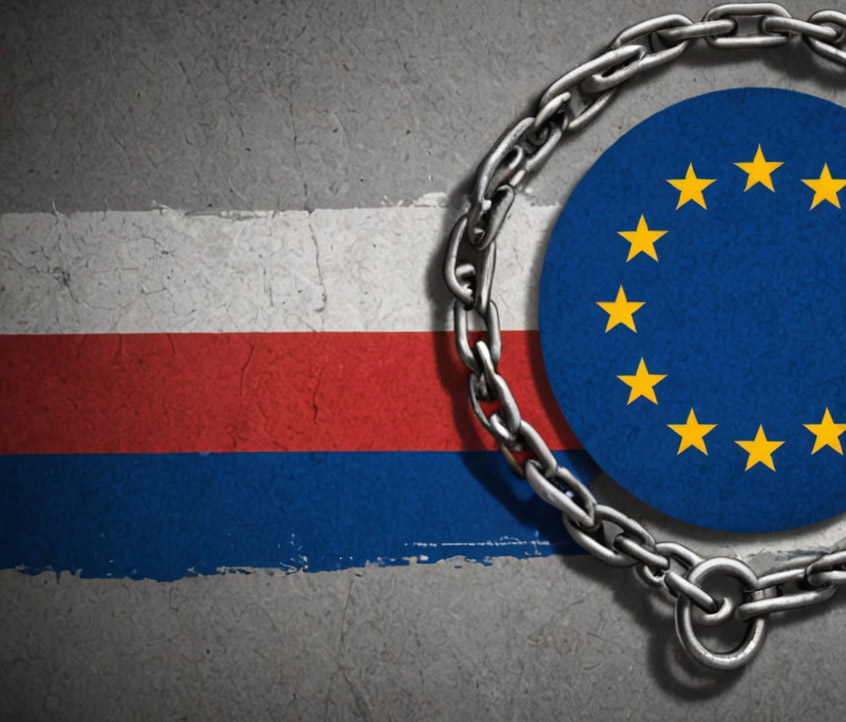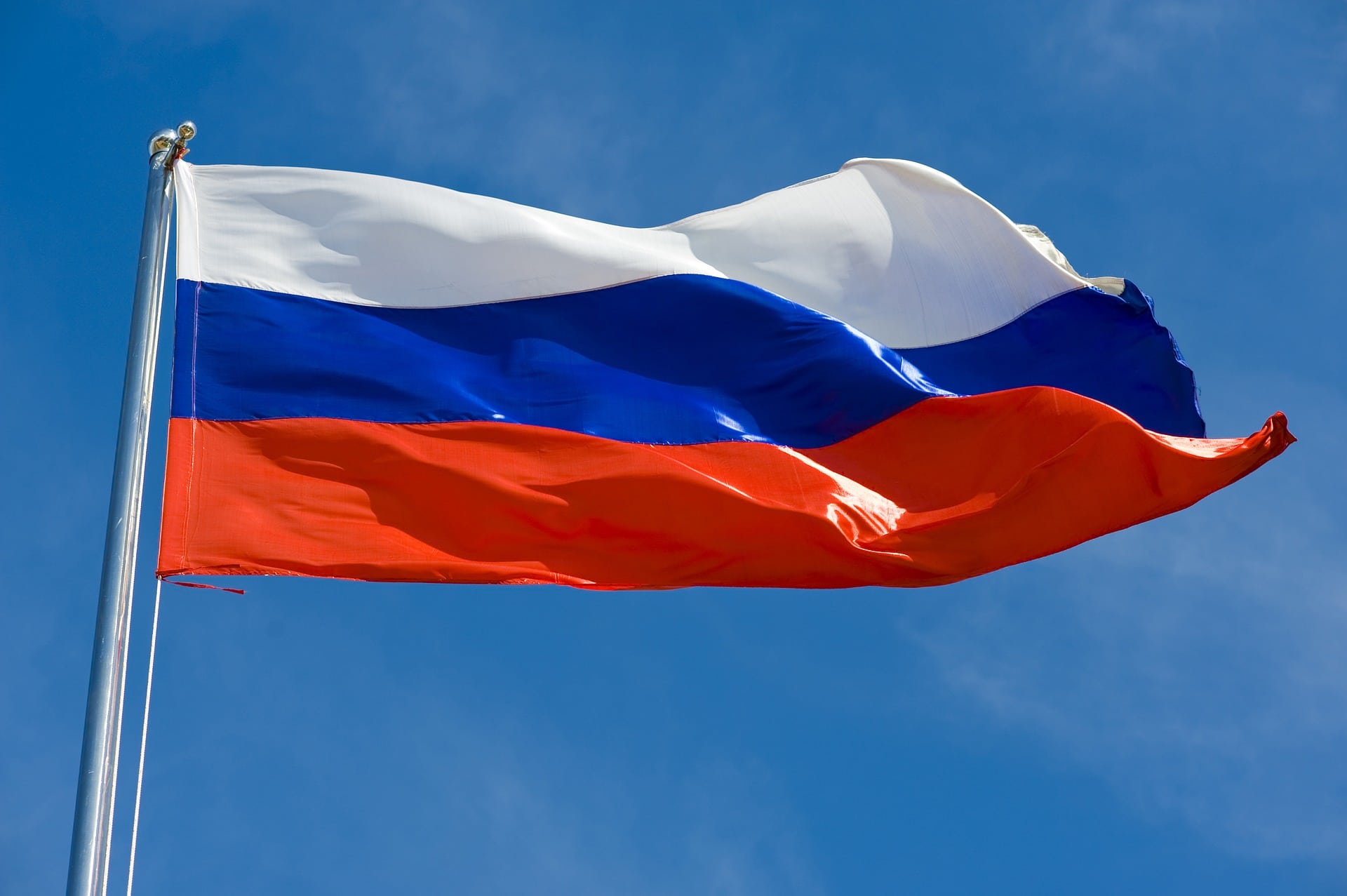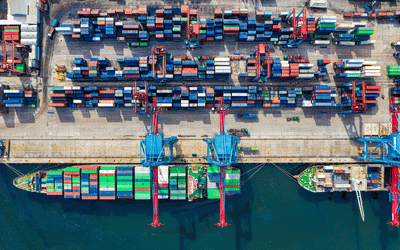Since Russia’s war in Ukraine, at the latest, the issue of sanctions has come into the public spotlight. But what exactly is a sanction, why are sanctions imposed, and who is affected? We provide an overview of all the important information.
Definition: Sanction
What is a sanction?
The term ‘sanction’ is based on the Latin word ‘sanctio’, which originally meant “healing” or ‘approval’. Over time, however, the term underwent a change in meaning: sanctions generally describe reactionary measures that take the form of rewards or punishments and are intended to encourage desired behaviour.
Specifically, the term ‘sanction’ is mainly used in a legal context, with the exact meaning varying depending on the area of law. However, so-called sanctions are often imposed when there is a violation of international law. Political, economic and/or military measures are then intended to ensure that applicable international law is implemented and certain agreements are complied with.
Who can impose sanctions?
Sanctions are often imposed by the United Nations (UN) or the European Union (EU). The EU Council can implement decisions made by the UN Security Council, but it can also supplement them with its own measures and independently impose sanctions as part of the Common Foreign and Security Policy (CFSP).
Who can be sanctioned?
The EU defines four groups of potential targets for sanctions. These include:
- Governments of countries that are not members of the EU
- Companies or organisations that support the sanctioned governments
- Associations or, for example, terrorist groups
- Individuals who, for example, have a terrorist background
What are the objectives of sanctions?
According to its own statements, the EU wants to use the sanctions it has imposed to:
- preserve common values, interests and EU security
- promote democratic behaviour, the rule of law, human rights and international law
- counteract international conflicts and promote global security and peace
What types of sanctions are there?
Sanctions can be categorised differently depending on the context. This includes the following distinctions:
At a general level, the term ‘sanction’ can describe both measures with positive connotations, such as praise, and measures with negative connotations, such as punishment or exclusion.
Sanctions can also be either restitutive or repressive. If the measures are intended to force governments, individuals, organisations or institutions to reverse certain steps taken in violation of applicable agreements, they are said to be restitutive in nature. However, if the measures are intended to punish misconduct, they are repressive sanctions.
When imposing sanctions, the United Nations also distinguishes between non-military and military sanctions.
Possible sanctions: What measures are used to implement sanctions?
Sanctions are often associated with bans on importing or exporting goods. However, there are many different measures that can be applied once sanctions have been imposed. These can be political, economic or military in nature. The European Union distinguishes between the following categories:
- Freezing of assets
- Unavailability of financial resources
- Diplomatic sanctions
- Travel bans
- Economic sanctions
- Arms embargo
The term ‘embargo’ is often used in connection with sanctions. It refers to the trade restrictions that result from the sanctions. Embargoes can prohibit all or part of trade and apply to specific countries, individuals or groups of goods.
EU sanctions
The European Union defines sanctions against certain individuals and entities, either independently or on the basis of United Nations (UN) resolutions, if, for example, they violate human rights. The details of the sanctions are set out in corresponding regulations. These define, for example, where the sanctions apply and how they are to be implemented. Regulations apply to all organisations and individuals within the territory of the Union. According to a decision made in November 2022, any violation will be punished as a criminal offence.

How are sanctions decided in the European Union?
First, the High Representative of the Union for Foreign Affairs and Security Policy must submit a proposal for sanctions. This proposal is reviewed by various bodies. The Council of the European Union must then vote on the proposal. If there is unanimity, a corresponding regulation is often issued. This also requires an official proposal from the High Representative and the European Commission at the outset. Once this has been reviewed by officials and adopted by the Council and Coreper II, the regulation is published in the Official Journal of the European Union. This step also marks the entry into force of the regulation on a package of sanctions.
If sanctions are to be imposed, all parties involved must adhere to certain basic principles that were established in 2004. There are also guidelines on:
- Update of the EU Best Practices for the effective implementation of restrictive measures (last update June 2022)
- Implementation and evaluation of restrictive measures (last updated in 2018)
EU sanctions against Russia
Following Russia’s annexation of Crimea in 2014 and the start of the war of invasion in Ukraine in February 2022, comprehensive sanctions have been imposed on Russian individuals, parties, armed forces, financial institutions, media, companies from various industries and other organisations originating in Russia.
The following tools provide an overview of other existing EU sanctions:
Our guide to sanctions against Russia (only in german) provides a comprehensive overview of current regulations and sanctions lists.
Impact of sanctions on the import and export of goods
For European companies, compliance with trade restrictions imposed by EU and UN economic sanctions is imperative. Circumventing sanctions is a criminal offence; failure to comply with sanctions will therefore result in penalties.
Overall, companies must therefore check and observe many possible restrictions when importing or exporting goods. On the one hand, trade in certain goods may be restricted – for example, because they could directly or indirectly help the armed forces of a sanctioned state. Trade restrictions apply, for example, to the export of dual-use goods – i.e. goods, technologies or software with both non-military and military uses – or, in special cases, to the import of petroleum products or coal. Trade restrictions also apply to persons listed in sanctions lists; companies based in the EU are also prohibited from entering into trade relations with these persons.
Would you like to compare your business contacts with the current sanctions lists? SANSCREEN takes the work off your hands and guarantees your compliance with the latest regulations: our software solution can be connected to your ERP system, automatically find sanctions list hits in your business contacts and create logs for the relevant authorities and customs.





